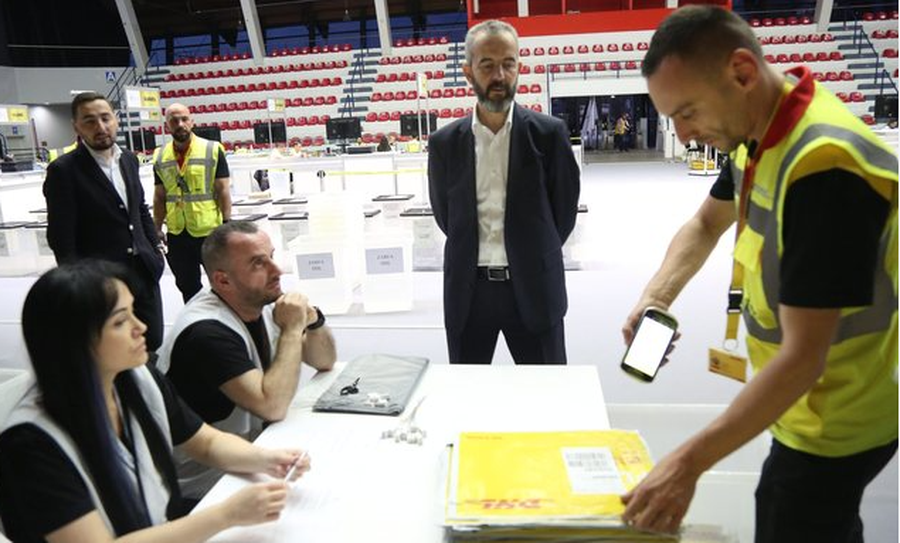
The ODIHR presence that will monitor the May 11 parliamentary elections in Albania has issued an interim report on the progress of the election campaign and competition, referring to the period from April 1 to 21.
According to the ODIHR, the campaign that began on April 11 has been calm. “ Personalization of rhetoric, attacks between leaders of the main parties, and accusations of corruption and links to organized crime have dominated the public debate, especially on social media ,” the monitoring mission notes.
The report states that the Central Election Commission has received 94 complaints about campaign-related violations, including the use of public assets and pressure on civil servants.
“Administrative investigations have been opened in 70 cases, and in three of them fines have been proposed. 96 monitors have been engaged to observe the implementation of the rules in 12 regions, reporting on over 1,160 cases from January to April. Among the main concerns are the influence of so-called “patronage” networks, pressure on public administration employees, and the political use of state resources. Although the law prohibits the use of public institutions for electoral purposes, such practices continue to be reported,” the ODIHR finds.
Meanwhile, the lack of a legal framework for social media campaigns has prompted parties to sign a Voluntary Code of Ethics for Digital Campaigns, which aims to avoid hate speech, disinformation and lack of transparency. Meanwhile, the CEC is monitoring the online activity of 50 public institutions.
Given that these will be the first elections in Albania's history where the Diaspora will also vote, according to the ODIHR, the issues that have dominated public discourse are EU integration, the economy, and the fight against corruption.
“Both the SP and the DP have promised increases in pensions and the minimum wage, while smaller parties have focused on anti-corruption reforms and social services. The political backdrop to the campaign is turbulent. The arrest of former President Ilir Meta and investigations into senior officials, including Tirana Mayor Erion Veliaj, have fueled protests and political tensions. The arrests have been viewed by the opposition as politically motivated,” the report highlights.
ODIHR finally emphasizes that “ overall, the May 11 elections are taking place in a tense political context, characterized by a crisis of confidence, high-profile corruption investigations, intra-party divisions, and efforts to maintain democratic standards in a challenging climate .” (A2 Televizion)











